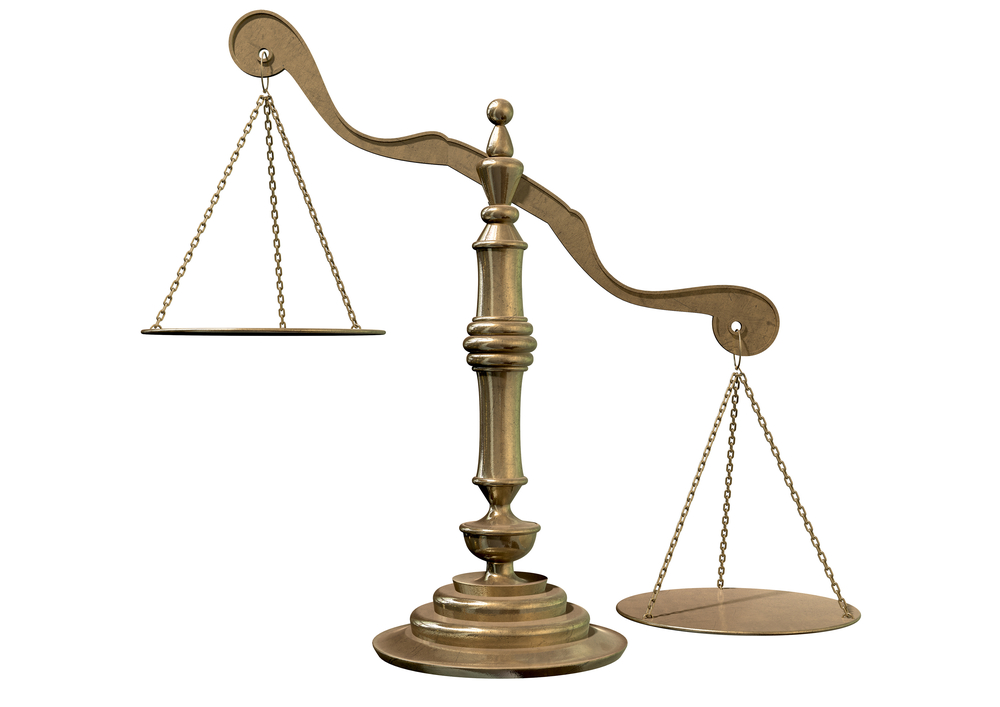Picture the following scenario: You are the manager of a small group of CSR’s, and two of them approach you at the same time with customers who have just called in. One CSR has fielded a call from a customer who generates about $50 per year in profits to your company, and the other CSR has someone on hold who gives you about $400 per year in profits. They both are complaining about the price of their most recent delivery and are seeking some sort of concession/credit. Would you give both of them a “price adjustment”? Would you give both the same price adjustment? Taking the scenario one step further, what if you had a scoring system that indicated that one of the customers had a 20% chance of leaving you, while the other had already canceled their budget plan and didn’t renew their service contract. Would you treat both customers in the same way? How much better might your company run, and how much more profitable might it be if you actually recognized the value that a customer provides to you, and were able to use their actions to better understand their future behavior? When you go online to search for something, are you surprised that ads for “other things” that interest you suddenly pop up? If you walk near your favorite Starbucks are you surprised when a message shows up on your phone promoting a new Starbucks offering? Welcome to the world of data and of predictive analytics. On the data side, each time you buy, sell, search, call, or talk to someone, there is an electronic footprint left behind. It used to be scary. Then it became annoying. Now, it is likely both scary and annoying, but the benefits to marketers so far outweigh the annoyance factor that it has become an irreversible part of our lives. The digital world is here to stay, and will only get more efficient. It’s time for fuel oil dealers to join the movement. One of the toughest things that marketers encounter, as they try to “predict” customer actions, is that they often lack customer-specific behavior. Usually, they will group customers into demographic categories such as age, income, race, political affiliation, etc. They try to use data of what they deem to be “similar” customers to best guess future behaviors. In our case, not only do we have some of the data we need, we have almost ALL of the data we need – and it is customer specific. If you are managing your business properly, you have been collecting little gold nuggets about your customers for years. You know when they started, what type of delivery they like, whether they want to be on a price plan, if they want a service contract, how many times they call you (and what they call about), what price they paid for each delivery, if they referred a friend to you, if they have bought anything else from you….the list goes on and on. Armed with all of this information, oil dealers are starting to use the data to make more informed business decisions. These decisions can improve bottom lines and are allowing those companies to deal with their customers based upon their value to the company – in other words, they are NOT treating all customers the same. This usage of data is new to many people, especially in smaller businesses, and we have been working with a number of our clients to manage this process. We use a few of the many Predictive Analytics (data science) companies who provide similar services and have customized the reporting to the needs of our industry. I don’t know that I would suggest it, but you can try this on your own. You need to have clean data, the ability to access data, and the ability to run and interpret the “models” that will attempt to answer the questions that you have. However, before deciding whether to go through the effort – or to hire someone to go through the effort on your behalf – you must answer a few questions:
- If you identified differences in value between customers, would you act differently?
- If the different behavior required changes in the way that your company, and CSR’s, conduct themselves, would you still pursue it?
- Even if it were difficult to accomplish, will you be at a disadvantage if you just leave things the way they are?
We are in a new world and those who have the knowledge to act – based upon data, not based on gut feelings – are those who will be the most likely to survive and thrive. Disclaimer: When applicable, advice from Angus Energy may include a discussion about risk mitigation via commodity and/or weather hedging. PAST RESULTS ARE NOT NECESSARILY INDICATIVE OF FUTURE RESULTS. The risk of loss in trading commodity interests can be substantial. You should therefore carefully consider whether such trading is suitable for you in light of your financial condition. In considering whether to trade or to authorize someone else to trade for you, you should be aware that you could lose all or substantially all of your investment and may be liable for amounts well above your initial investment.

